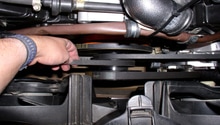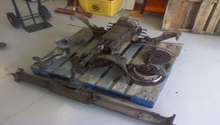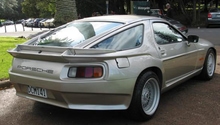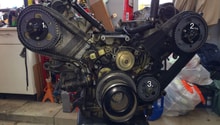Porsche 928: Common Issues
If you're in the market for a Porsche 928 or if you just bought one, you'll want to familiarize yourself with some common issues the car is known for.
This article applies to the Porsche 928 (1979-1995).
Whether you are considering purchasing a Porsche 928 or you have recently joined the owner's club, there are several important maintenance items and common issues to take note of. Like any car, the 928 has its own unique quirks. However, these are very reliable cars for their age and type. To avoid costly repairs down the road, routine maintenance is required. We'll cover both in our guide and help keep you on the road longer and more reliably.
Common Issues
Thrust Bearing Failure
One of the most common issues Porsche 928 owners report is failure of the engine thrust bearing in automatic transmission equipped cars. There are many theories regarding why this part experiences common failure, but in general, the driveshaft puts excessive pressure on the flywheel and drive plate, which eventually wears away the thrust bearings in the engine. The wear, if ignored, can get to the point where an engine can be ruined as the crankshaft wears into the internal casings of the engine. The key here is to replace the thrust bearings before the crank wears into the block and causes catastrophic damage. If not, you could be looking at spending a fortune on several hours of machining or a new engine block.
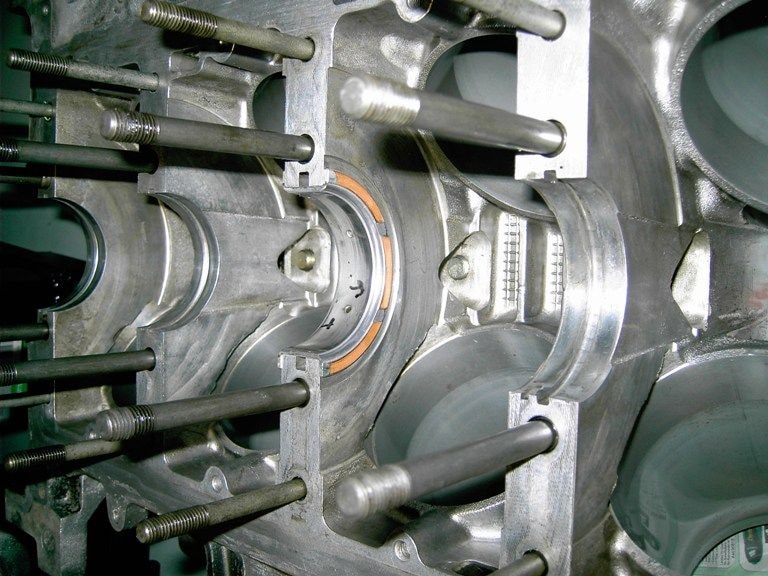
Electrical Gremlins
Electrical gremlins are quite common on Porsche 928's, as they are on most older cars. By following a sound preventative maintenance plan, you can avoid many of these types of issues. Find and clean all ground points, ground straps, and sensor connectors, and replace those that are in bad shape. Apply some moisture-barrier grease or spray to terminal ends and contact points as well. Intermittent hard starts, rough idle, poor performance, and bad gauge readings are all signs of bad ground points.
Make sure the battery terminals are clean as well as the ground straps. Oxidation and corrosion can cause many electrical issues. There are also a lot of sensors in the 928 which the car relies on to gather signals. Corrosion causes problems with these signals and can lead to a variety of electrical issues as well. It's a good idea to inspect, clean, and replace these components once a year.
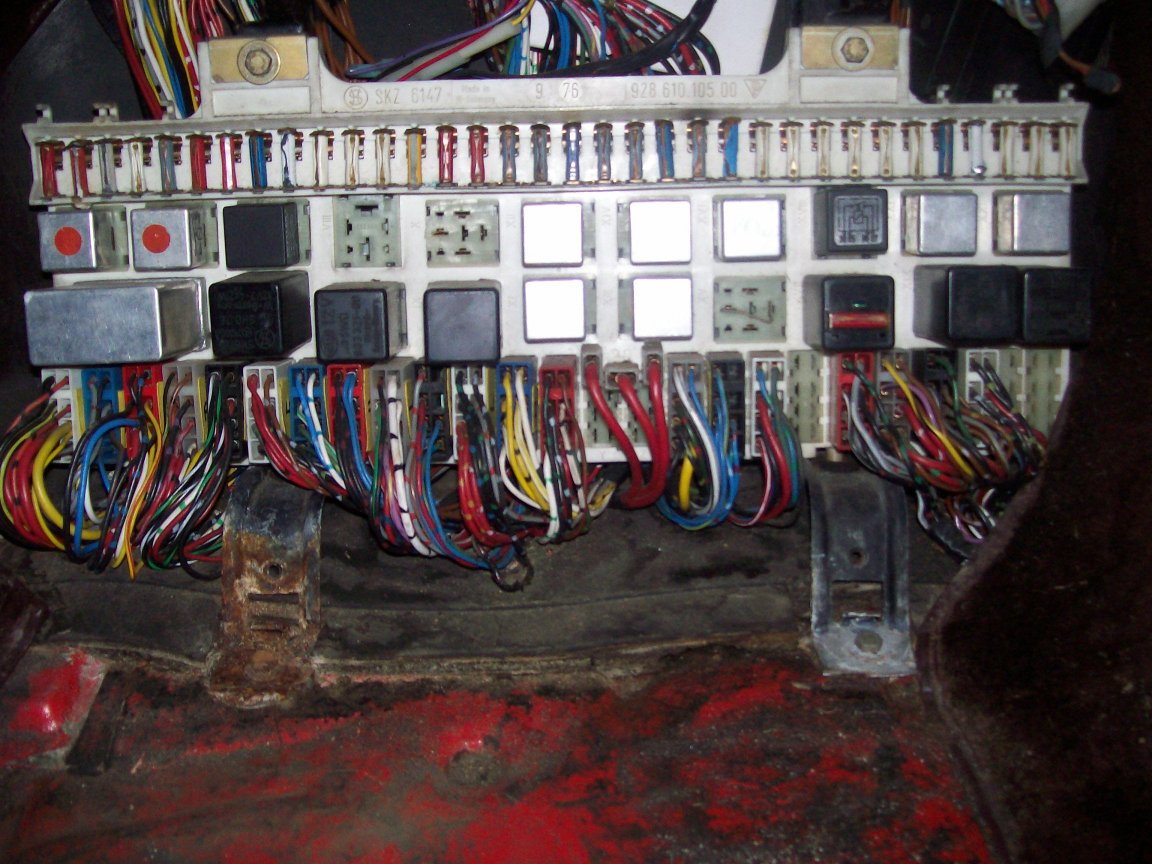
Timing Belt and Water Pump
Timing belts and water pumps on the Porsche 928 are good for around 50,000 miles but should be replaced no later than that point. Failure of the timing belt can cause serious engine damage on post-1985 models, and some have reported failure in as few as 15,000 miles. The key is to check tension on a regular basis. Whether you receive a belt tension warning light or not, be sure and check tension regularly and retension the belt to proper specs when needed.
Post-1985 cars have 32 valve inference engines, and the engine valves themselves will bend if a timing belt slips or breaks, hence the warning light. Even if you don't drive the car that much, replacing the belt every five to seven years is a good idea as they dry up with age. If you go through a shop, changing the belt, water pump, and pulleys will run around $1,000.
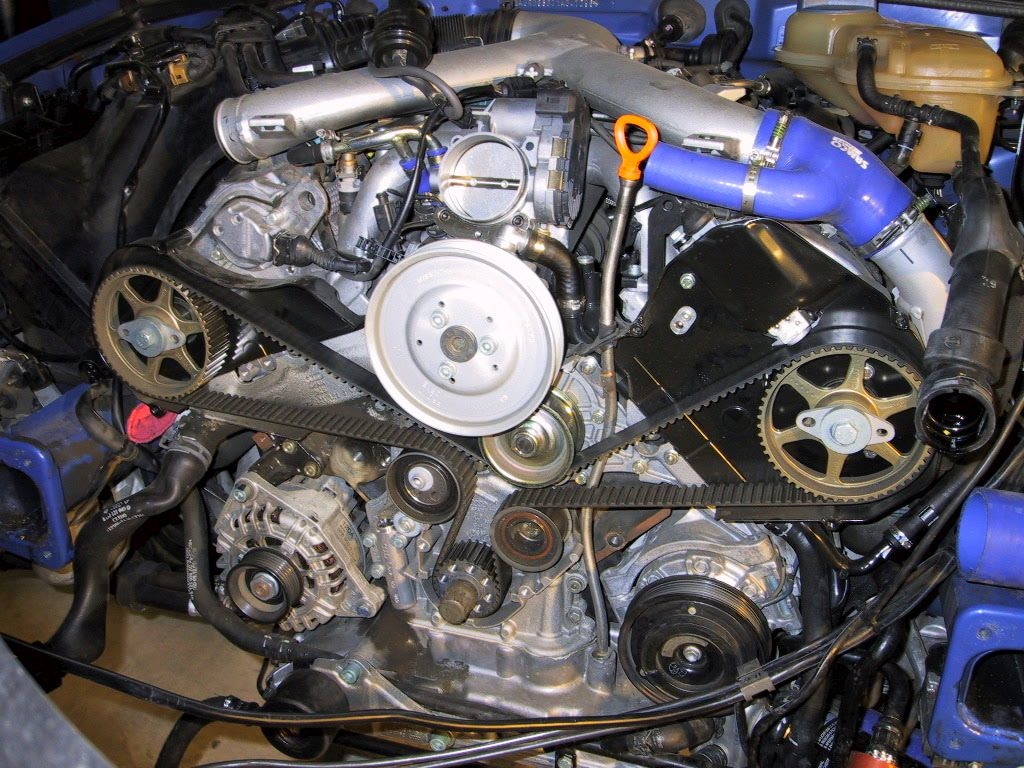
Related Discussions
- 928 Reliability Myths and Truths - Rennlist.com
- Answers to Frequently Asked 928 Questions - Rennlist.com
- Engine Thrust Bearing Failure - Rennlist.com

